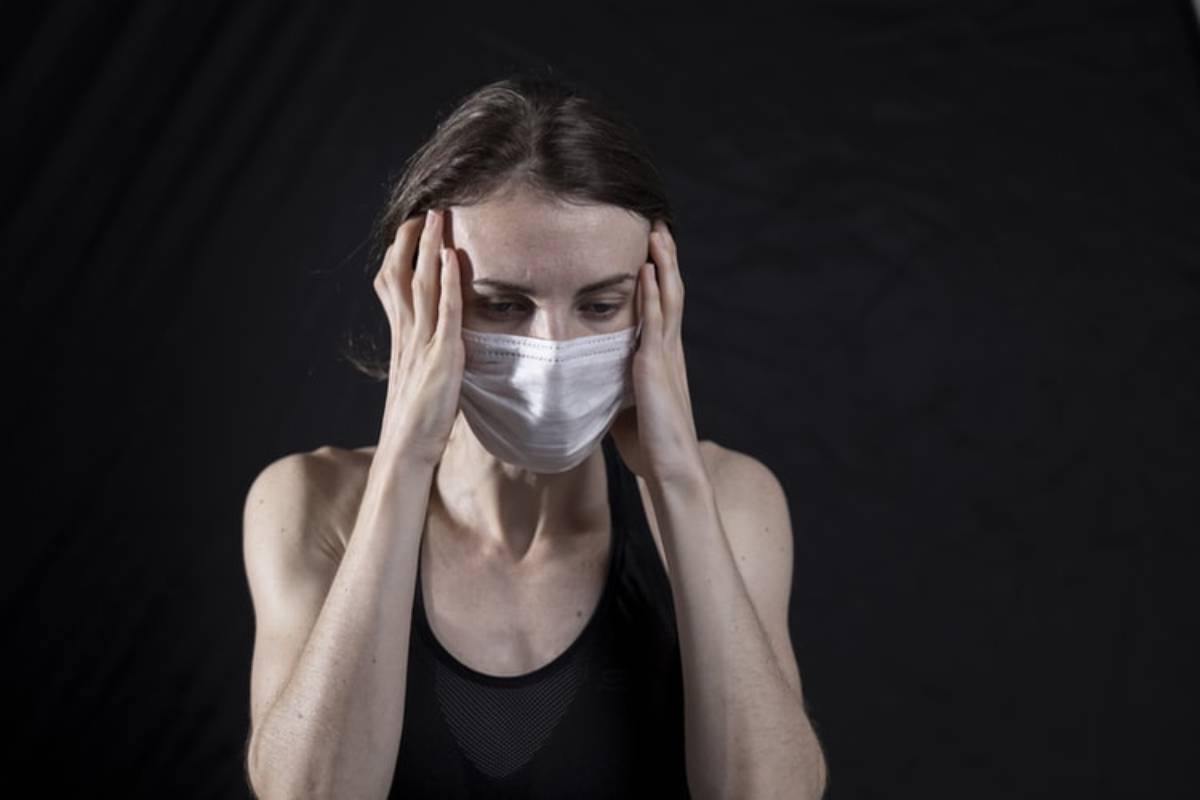Sickness: There are precautionary measures that can help avoid catching colds and flu during the fall and winter seasons.
Unfortunately, colds and the flu, although they occur throughout the year, have been seen more frequently during the fall and winter. In other words, when the winter cold arrives, the chances of getting sick increase.
have a cold is the coolest thing in the world. Your voice sounds strange, your nose turns red, and you use hundreds of tissues a day. And worst of all, it lasts at least seven days.
According to scientific explanations, the factor that affects the most is the so-called “agglomeration effect”. And it is that during the colder and wettest seasons we tend to be closer to each other, in closed places and longer, so that a virus that spreads in the summer by 10 people, in winter, it does it by 100.
Wash Your Hands Frequently
Frequent washing destroys viruses that may have been collected by touching other people or exposed surfaces. Therefore, after shopping, at work, or after being in public places, washing your hands is the most important thing to avoid contagion.
One Towel per Person
Cloth napkins are known to keep germs alive for hours; For this reason, doctors recommend using paper napkins and not sharing cloth napkins among family members.
Ventilate the rooms
It is advisable to open the doors and windows of the house to promote air circulation, as stagnation of the air promotes the proliferation of germs.
Reduce contact with people
If the typical cold or flu symptoms are already present, it is best to avoid direct contact with others to avoid contagion.
Use disposable utensils
If a family member is already sick, it is ideal for everyone to resort to the use of disposable items, especially in the case of handkerchiefs and towels.
Avoid contact with the face
Always keep your hands clean and use paper tissues to blow your nose or rub your eyes, as these are the main entry points for viruses and germs.
Use of masks
Anyone with symptoms like coughing, sneezing, or fever should wear face masks. If you are not experiencing these symptoms or are caring for a sick person, you do not need to wear a mask.
Stop smoking
Smoking increases the risk of getting infections and also makes most cold symptoms worse.
No matter how old you are or how long you’ve smoked, quitting smoking anytime will improve your health!
Also Read: Why Is Smoking So Addictive? And How To Avoid It
Maintain a warm temperature
A good coat is essential not only to keep the body temperature constant but also because scarves, gloves, and hats act as a barrier against the invasion of germs.
The clean body
You should bathe in the afternoon and never go to bed with wet hair. A clean body prevents the maintenance of viruses that, perhaps, are in our body but have not yet entered.
Avoid stress
As the stress level increases, the defenses decrease and the body becomes more prone to get sick.
Balanced diet
Drink lots of water and get a good night’s sleep. Eating a balanced diet will help you maintain your defenses in good condition.




